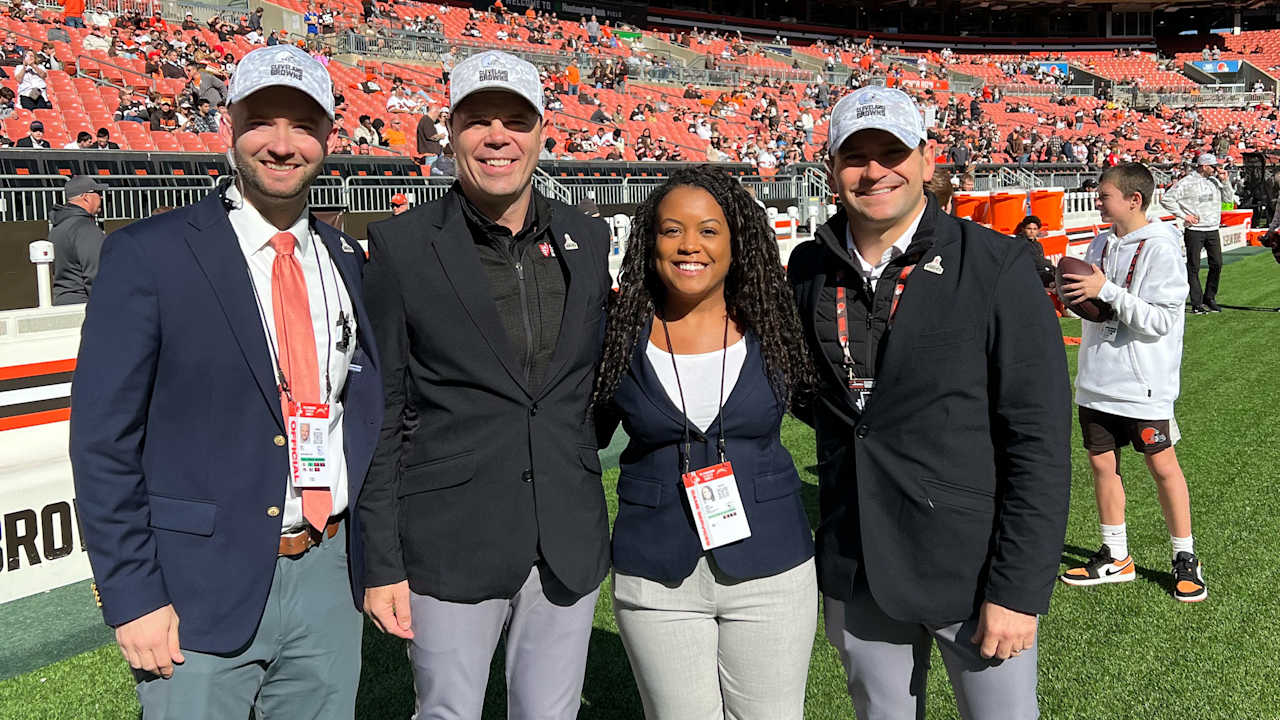Bussiness
Wu, business leaders getting closer on tax shift
BOSTON MAYOR Michelle Wu and business groups on Monday were locked in a staredown over her property tax proposal, which would shift a greater share of the property tax burden over to the commercial side in order to help the city’s residents avoid a spike next year.
“We have made significant progress over just the last few days,” Wu told reporters on Monday while leaving an unrelated event. “I’m glad to see that we’re getting close.”
The difference between the two current proposals from Wu and business leaders doesn’t appear that large. According to Wu, her proposal would save the typical single-family home about $21 a year in property taxes compared to the proposal put forward by business leaders.
Commercial property owners would pay $319 less on average under the proposal put forward by business leaders and slightly less than that under Wu’s plan.
Business groups, with the apparent support of Senate President Karen Spilka, an Ashland Democrat, are pushing for the bigger decrease saying it is justified by the decline in value of their properties.
A spokesperson for Spilka said Monday she is “encouraged” by the business community’s latest version of the proposal, and she “hopes productive conversations continue to reach consensus, as it will be difficult to get a final bill through the Senate without the full support of the business community.”
The statement effectively means business groups may have something akin to veto power over whatever proposal comes before the Senate.
Wu has revised her proposal several times since first introducing it back in April. The initial proposal had what’s known as a maximum tax shift of 200 percent on commercial businesses, up from the 175 percent allowed without a change in state law. The shift would have also occurred over five years.
Boston has long taxed business properties at a higher rate than residential properties, resulting in a 60-40 split. But declining commercial property values, driven by the rise of remote work, have endangered that split, leading the Wu administration to push for a greater tax shift to businesses to smooth out an increase in residential bills.
The current proposal offered from the Wu administration is a 182 percent shift for fiscal year 2025, before drifting back to 175 percent over three fiscal years. Business groups are seeking a 181.5 percent shift for fiscal year 2025, meaning the two sides are 0.50 percent apart.
Business groups have made their own concessions. In a letter sent to Senate President Spilka and House Speaker Ron Mariano on Friday, the groups agreed to the idea of a property tax shift and backed off a previous call for Boston to tighten its belt through budget cuts.
The business groups are led by Greater Boston Chamber of Commerce CEO Jim Rooney; Tamara Small of NAIOP Massachusetts; Marty Walz, the interim president of the Boston Municipal Research Bureau; and Doug Howgate, the president of the Massachusetts Taxpayers Foundation.
Both Wu’s and the business community’s proposals require a brand new home rule petition, meaning the legislation would have to go through the Boston City Council, the House, the Senate, and the governor. When Wu modified her proposal for a 190 percent tax shift, in part through a draft executive order, it cleared the House but stalled out in the Senate.
Wu administration officials on Friday began circulating a draft home rule petition that included the 182 percent number and incorporated elements of the draft executive order. Rooney on Saturday sent an email to lawmakers asking them to lobby the mayor to take the 181.5 percent number and stop negotiating, Politico Massachusetts reported.
A Rooney spokesperson on Saturday described the 181.5 percent as the “final offer” from the business groups, and the 182 percent “will not be accepted.”
The Wu administration has said action on the legislation is necessary before members of the Boston City Council sign off on tax rates, triggering bills going out to property owners. That vote could occur in late November.








